Understanding Conventional Loans
Conventional loans are a type of mortgage loan not insured by a government entity. They are issued by private lenders like banks, credit unions, and mortgage companies. These loans are often more challenging to qualify for than government-backed loans. They require higher credit scores and larger down payments. However, they offer more flexibility and can be used for a variety of property types. Conventional loans play a significant role in the mortgage market, providing financing for many homebuyers and real estate investors.
Conforming vs. Non-Conforming Loans
Conventional loans can be further classified into conforming and non-conforming loans. Conforming loans adhere to the guidelines set by Fannie Mae and Freddie Mac. Non-conforming loans, on the other hand, do not meet these standards.
The Role of Fannie Mae and Freddie Mac
Fannie Mae and Freddie Mac are government-sponsored entities that play a crucial role in the mortgage market. They buy and guarantee conforming loans, providing liquidity to lenders. This process allows lenders to issue more loans, facilitating homeownership for many Americans.
Key Differences Between Conventional and Government Loans
Conventional loans and government loans cater to different borrower needs. While conventional loans are issued by private lenders, government loans are backed by federal agencies. This backing makes government loans less risky for lenders, often resulting in lower interest rates and more lenient qualifying criteria for borrowers. However, government loans come with their own set of restrictions and requirements, such as being limited to certain types of properties or used only for primary residences.
Conventional Loans vs. FHA Loans
Federal Housing Administration (FHA) loans are a popular type of government loan. They are known for their low down payment requirements and lenient credit score criteria. However, they require borrowers to pay for mortgage insurance, which can increase the overall cost of the loan.
Conventional Loans vs. VA Loans
Veterans Affairs (VA) loans are another type of government loan, available to veterans and active-duty military members. VA loans offer numerous benefits, including no down payment requirement and no private mortgage insurance. However, they do require a funding fee, which can be rolled into the loan balance.
Conventional Loans vs. USDA Loans
USDA loans, backed by the United States Department of Agriculture, are designed to promote homeownership in rural areas. They offer 100% financing, meaning no down payment is required. However, these loans are geographically restricted and come with income limitations.
Qualifying for a Conventional Loan
Qualifying for a conventional loan involves meeting certain criteria. Lenders look at factors such as credit score, down payment, and debt-to-income ratio. Each lender may have its own specific requirements, but there are some general guidelines.
- Credit Score Requirements: A good credit score is crucial for securing a conventional loan. Most lenders require a minimum score of 620, but a higher score can secure better terms.
- Down Payment Expectations: The down payment for a conventional loan typically ranges from 3% to 20%. However, a larger down payment can lower the loan-to-value ratio, potentially reducing the interest rate.
- Debt-to-Income Ratio: The debt-to-income ratio measures a borrower's debts against their income. Lenders typically prefer a ratio of 36% or lower, but may accept up to 43% in some cases.
Advantages and Disadvantages of Conventional Loans
Conventional loans come with both advantages and disadvantages. On the plus side, they offer flexibility in terms of loan amount, down payment, and credit score requirements. They also allow for a variety of property types, including primary residences, second homes, and investment properties. However, conventional loans may have stricter qualifying criteria compared to government-backed loans. They may also require a larger down payment and higher credit score. Additionally, if the down payment is less than 20%, borrowers may need to pay for private mortgage insurance.
Navigating the Application Process
The application process for a conventional loan involves several steps. First, borrowers must gather necessary documentation, including proof of income, employment verification, and credit reports. Next, they must submit their application to a lender for review and approval.
Documentation and Verification
The documentation required for a conventional loan typically includes tax returns, W-2 forms, and recent pay stubs. Lenders use this information to verify the borrower's income, employment status, and ability to repay the loan.
Closing Costs and Fees
Closing costs for a conventional loan can include origination fees, appraisal fees, and title insurance. These costs can vary widely, so it's important for borrowers to shop around and compare loan offers from different lenders.
Is a Conventional Loan Right for You?
Deciding whether a conventional loan is right for you depends on your financial situation, credit score, and home buying goals. It's crucial to understand the terms, requirements, and potential benefits and drawbacks before making a decision.

